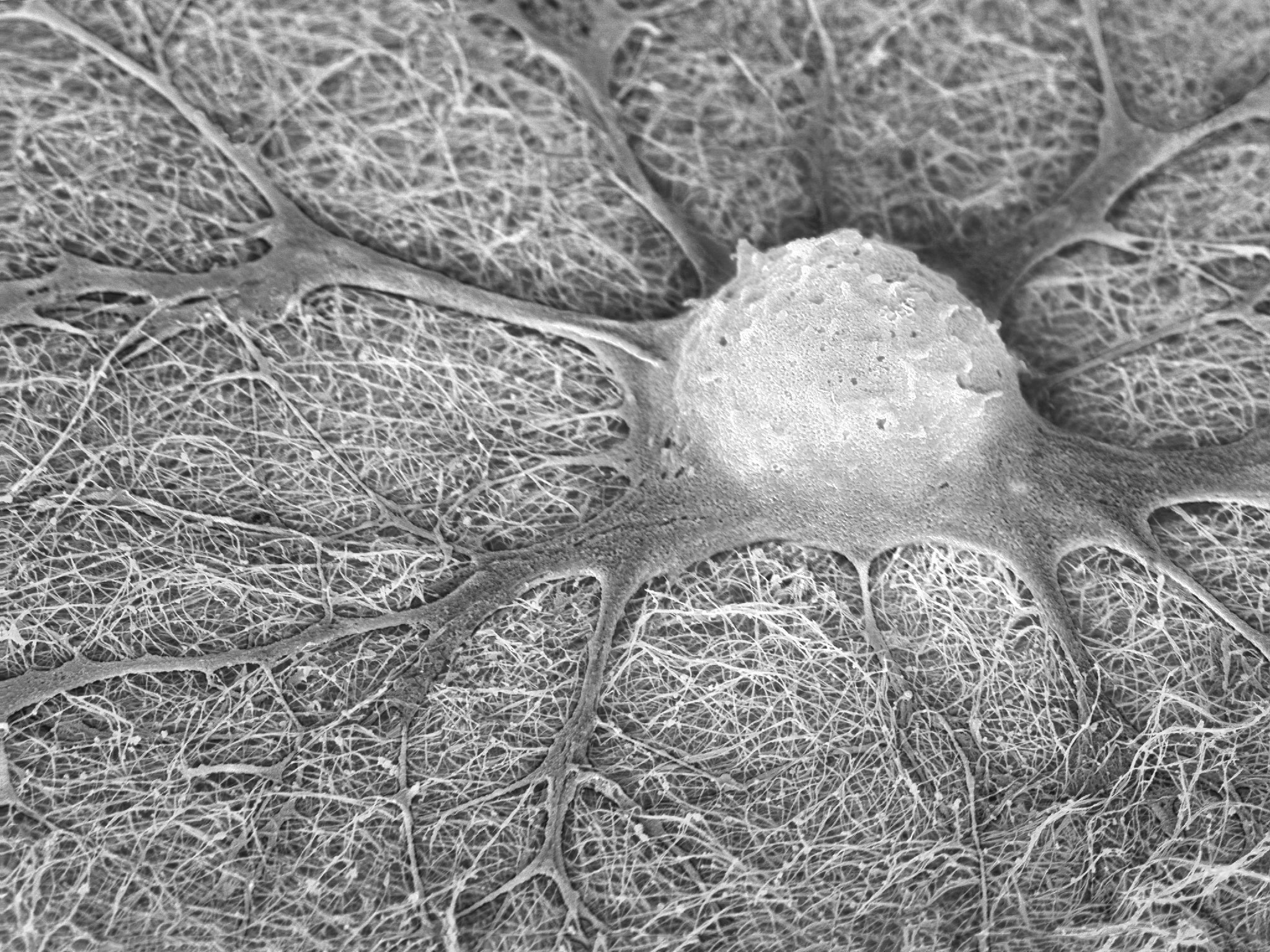ISSCR News

The International Society for Stem Cell Research Honors Dr. Allen Eaves and the Late Dr. Connie Eaves with the 2026 ISSCR Lifetime Achievement Award
The International Society for Stem Cell Research (ISSCR) today announced that Dr. Allen Eaves, and the late Dr. Connie Eaves have been named recipients of the 2026 ISSCR Lifetime Achievement Award. This prestigious honor recognizes their transformative contributions to stem cell science, leukemia research, mentorship, and the global biotechnology ecosystem.

Aviv Regev to Deliver Keynote Address at ISSCR 2026 Annual Meeting in Montréal
The International Society for Stem Cell Research (ISSCR) is pleased to announce that Aviv Regev, PhD, Head of Research and Early Development at Genentech, will serve as a keynote speaker at the ISSCR 2026 Annual Meeting, co-sponsored by STEMCELL Technologies. The meeting will take place 8-11 July 2026 in Montréal, Canada.
Dr. Regev will speak during the Plenary Session, Tissue Stem Cells in Physiology and Disease, which will explore the mechanisms that drive tissue remodeling, adaptation, and regeneration in both healthy and diseased states.

Working Group Members Appointed to the Global Workforce Development in Stem Cell Research and Regenerative Medicine Initiative
The International Society for Stem Cell Research (ISSCR) and the Stem Cell Network (SCN) today announced the appointment of an international working group comprising trainees and early career scientists to advance a new Global Workforce Development in Stem Cell Research and Regenerative Medicine Initiative. Through this joint effort, the organizations are convening a global dialogue on how the field can better prepare, support, and sustain the next generation of stem cell scientists across diverse career paths and regions.

Two Early Career Editors Join the Stem Cell Reports Editorial Board, Expand Scientific Expertise and Global Reach
Stem Cell Reports, the peer-reviewed, open-access journal of the International Society for Stem Cell Research (ISSCR), today announced the appointment of two new Early Career Editors – Bo Shen, Ph.D., Principal Investigator at the National Institute of Biological Sciences, Beijing (NIBS) and Assistant Professor at Tsinghua University, China; and Luca Peruzzotti-Jametti, M.D., Ph.D., Clinical Principal Research Associate at the Department of Clinical Neurosciences, and Group Leader at the MS Society Cambridge Centre for Myelin Repair (CCMR) at the University of Cambridge; and Honorary Senior Lecturer, Department of Metabolism, Digestion and Reproduction, Imperial College London, UK.

The ISSCR Addresses Access and Affordability in Cell and Gene Therapies; Convenes Summit on 20 March 2026
The International Society for Stem Cell Research (ISSCR), in collaboration with the California Institute for Regenerative Medicine (CIRM) and the UCLA Broad Stem Cell Research Center, will host the Summit on Access and Affordability in Cell and Gene Therapies on 20 March 2026.

Receive ISSCR Press Releases
Sign up be a part of ISSCR’s media list. Media Contact: Kym Kilbourne, Director of Media and Strategic Communications
Subscribe to ISSCR News.
Each month, ISSCR delivers scientific, policy, and community to your inbox .
